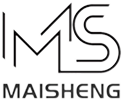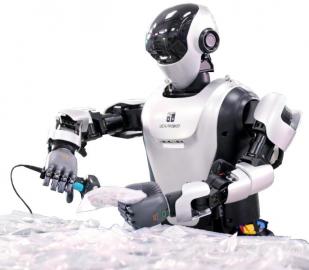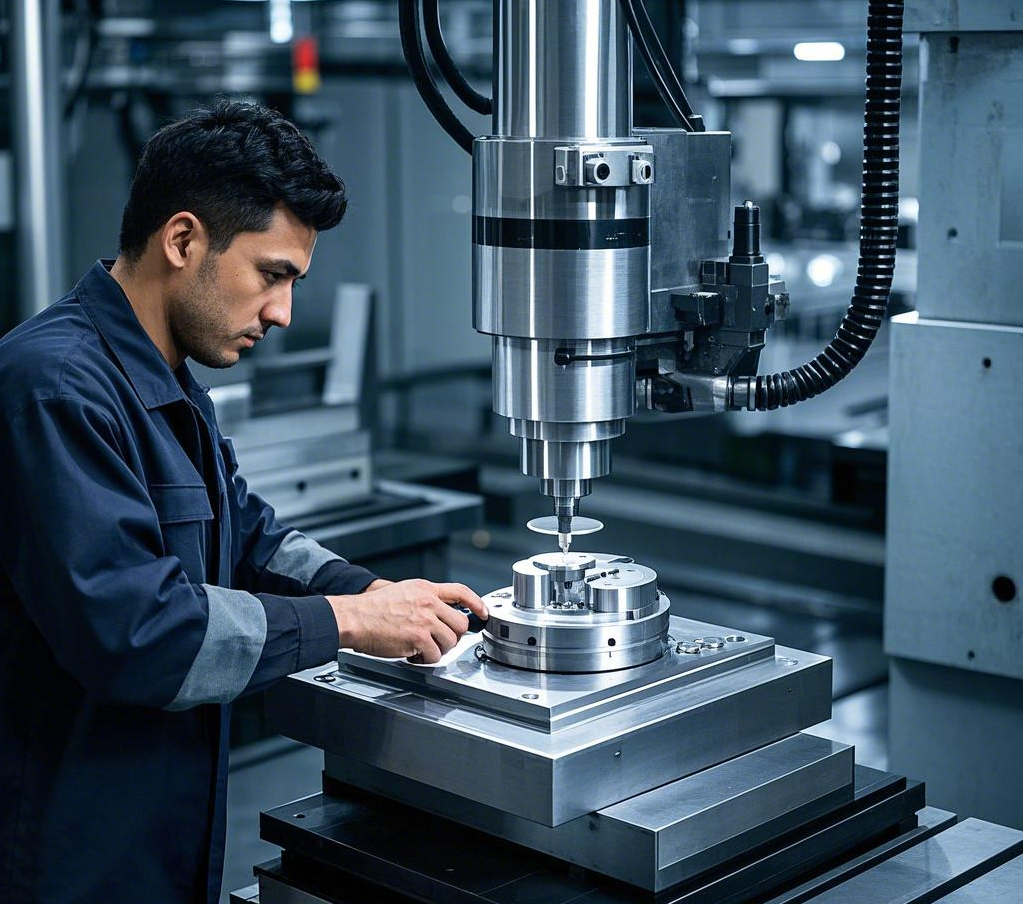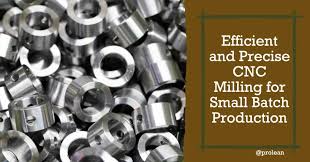CNC Machining Project Frequently Asked Questions (FAQ)
When clients embark on a CNC machining project, they often have questions about the process, pricing, and technical details. This FAQ addresses some of the most common concerns to help you better understand CNC machining and how to ensure a successful project.
1. What is CNC machining?
CNC (Computer Numerical Control) machining is a manufacturing process that uses computer-controlled machine tools to produce high-precision parts. It allows for automation, ensuring consistency, accuracy, and the ability to produce complex designs from various materials like metals, plastics, and composites.
2. What materials can be used in CNC machining?
CNC machining is compatible with a wide range of materials, including:
Metals: Stainless steel, aluminum, copper, brass, titanium, and more.
Plastics: ABS, nylon, PEEK, PTFE, and polycarbonate.
Composites: Carbon fiber and fiberglass. The choice of material depends on the application requirements, such as strength, weight, thermal resistance, and cost.
3. How accurate is CNC machining?
The accuracy of CNC machining depends on the machine and the specific requirements of the project. Generally, CNC machines can achieve tolerances as tight as ±0.001mm (±0.00004 inches), making them ideal for industries that require high precision, such as aerospace, automotive, and medical devices.
4. How long does it take to complete a CNC machining project?
The lead time for CNC machining projects depends on several factors:
Complexity of the design: More intricate parts take longer to produce.
Quantity: Large production runs typically take more time than smaller batches.
Material availability: Special materials may need to be sourced, which can extend the timeline. Generally, a standard project can take anywhere from a few days to a few weeks, depending on these variables.
5. What factors affect the cost of CNC machining?
Several factors influence the cost of a CNC machining project:
Material type: Different materials have different prices, and some are more expensive to machine than others (e.g., titanium vs. aluminum).
Part complexity: Intricate designs with multiple features or tight tolerances require more machine time and programming, increasing the cost.
Quantity: Large batch orders typically result in lower costs per part, while smaller quantities may have a higher per-unit price due to setup time.
Surface finishing: Special finishes like anodizing, powder coating, or polishing will add to the overall cost.
6. How do I submit my design for CNC machining?
You can submit your designs using CAD (Computer-Aided Design) files, such as:
STP (STEP): Preferred for most 3D part designs.
IGES: Used for both 2D and 3D designs.
DXF: Commonly used for 2D cutting or engraving. Our engineering team will review the file, offer suggestions for manufacturability, and provide a detailed quote for the project.
7. Can CNC machining handle custom designs?
Yes, CNC machining is ideal for custom parts because it can be programmed to produce complex and unique shapes with a high degree of precision. Whether you need prototypes, one-off parts, or low-volume production runs, CNC machining can meet your specific requirements.
8. What surface finishes are available for CNC machined parts?
Several surface finishes can be applied to CNC machined parts, including:
As-machined: Minimal post-processing; tool marks may be visible.
Anodizing: An electrochemical process for adding a protective oxide layer, often used on aluminum.
Powder coating: A durable and aesthetically pleasing finish, available in various colors.
Polishing: A smooth and shiny finish, often used for decorative purposes.
Bead blasting: Produces a matte or satin surface finish, useful for aesthetic parts.
9. How do you ensure the quality of CNC machined parts?
Quality control is an essential part of CNC machining. We use several methods to ensure that each part meets the required specifications:
In-process inspection: Continuous monitoring during machining.
Final inspection: Thorough checks using precision measuring tools like calipers, micrometers, and coordinate measuring machines (CMM).
Material certification: Verifying the composition of the materials used in the project.
10. What industries benefit most from CNC machining?
CNC machining is versatile and can be used in a wide range of industries, including:
Aerospace: For precision parts like engine components and structural elements.
Automotive: For engine parts, transmission components, and custom prototypes.
Medical devices: For producing high-precision surgical tools, implants, and diagnostic equipment.
Electronics: For creating enclosures, connectors, and other intricate parts.
Industrial manufacturing: For custom machine parts, molds, and tooling.
11. How do I start a CNC machining project?
To begin, simply submit your design file, along with any specific requirements such as material choice, surface finish, and quantity. Our team will review the design, assess the manufacturability, and provide a comprehensive quote. Once approved, we’ll proceed with production and keep you updated throughout the process.




